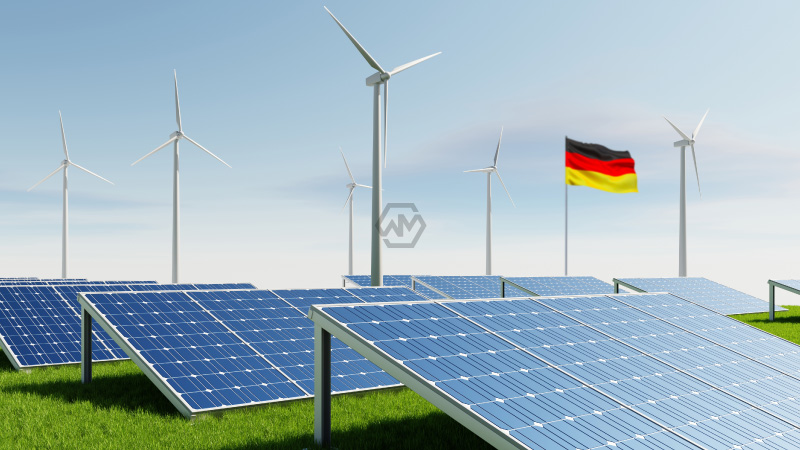In order to meet its new energy targets, Germany needs to increase state support for the manufacturing of wind turbines and solar power plants, Economics Minister Robert Habeck said on Tuesday in Berlin following discussions with industry representatives.
Habeck, a member of the Greens, the biggest environmental party in the nation, stated, “We must strengthen the production capacity for renewable energies and power systems in Germany and Europe.”
Hong Kong’s Crypto Plans
This is crucial for the energy transition to be successful, as well as for Germany and Europe to maintain job security and wealth creation.
In order to meet climate targets and reduce reliance on fossil fuels, the government plans to increase the use of renewable energies in the next years. However, Chinese manufacturers are now rapidly producing solar power plants, while the German solar industry is losing ground.
- Germany needs to increase the manufacturing of wind and solar power plants.
- They strengthen the production capacity for renewable energies and power systems in Germany and Europe.
- EU Commission for tax benefits for businesses investing in environmentally friendly technologies.
The plan also favors equivalent alternative instruments or EU tax credits based on the US model. According to Habeck, the goal is to use EU money to make tax write-offs available at the EU level.
He has also expressed interest in a proposal by the EU Commission for tax benefits for businesses that invest in environmentally friendly technologies.
Habeck and his French counterpart Bruno Le Maire recently traveled to Washington to voice their worry about the harm that large US government subsidies for the green growth of home industries are causing to European businesses.
The US Inflation Reduction Act’s tax credits considerably reduced operating costs across a variety of industries, including the solar sector, while simultaneously encouraging investments in manufacturing.
Habeck plans to address domestic industries’ concerns about exorbitant energy costs by presenting recommendations for a state-subsidized industrial electricity tariff in the first half of 2023.



